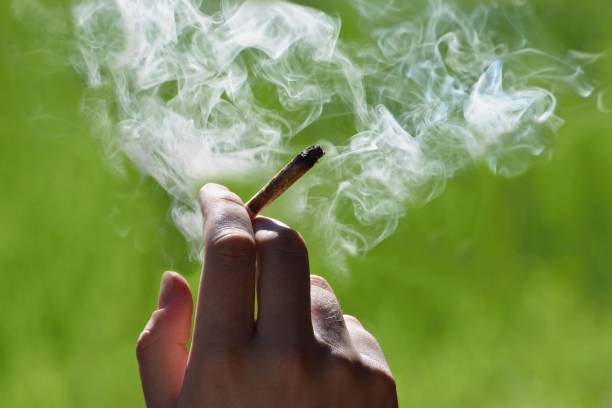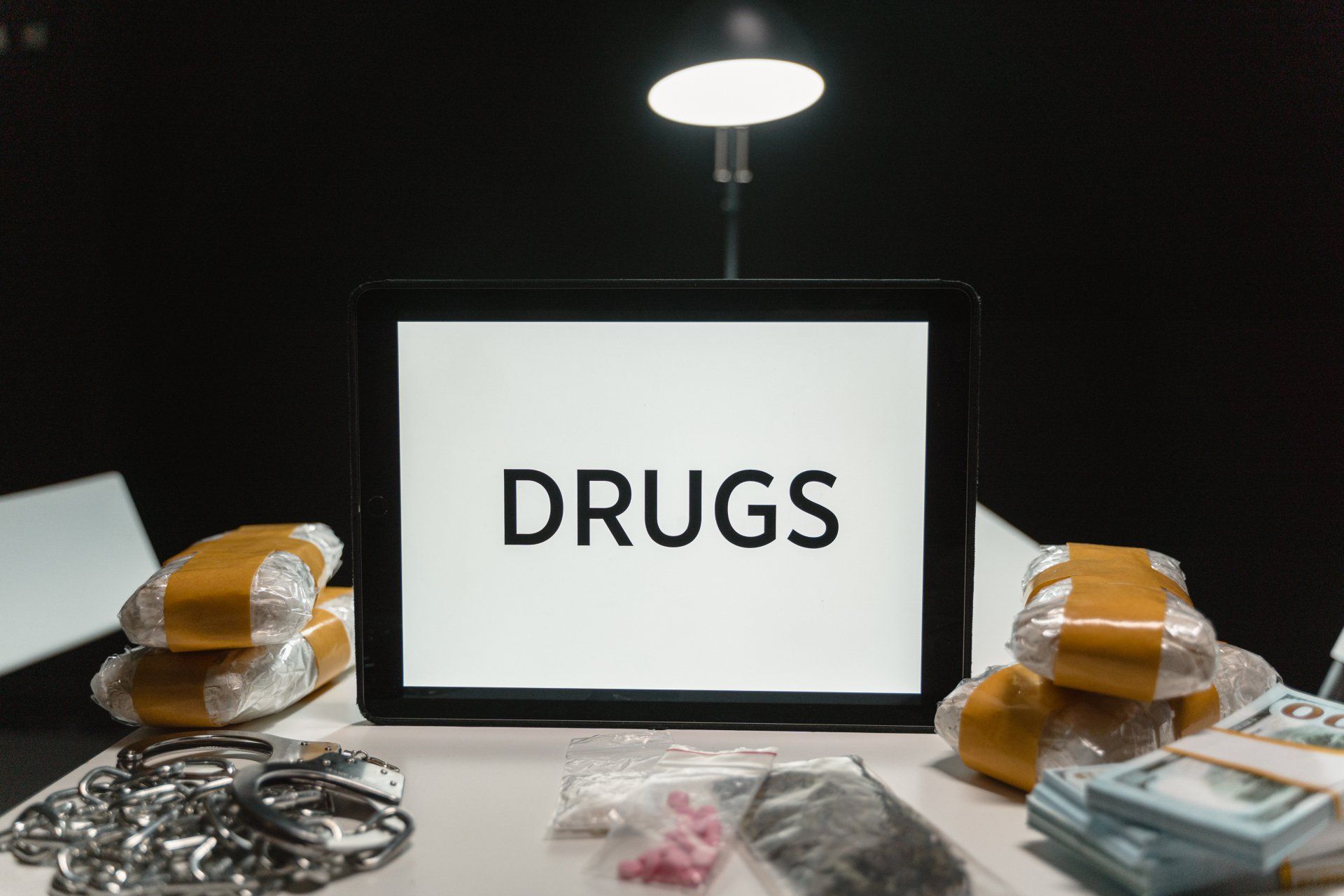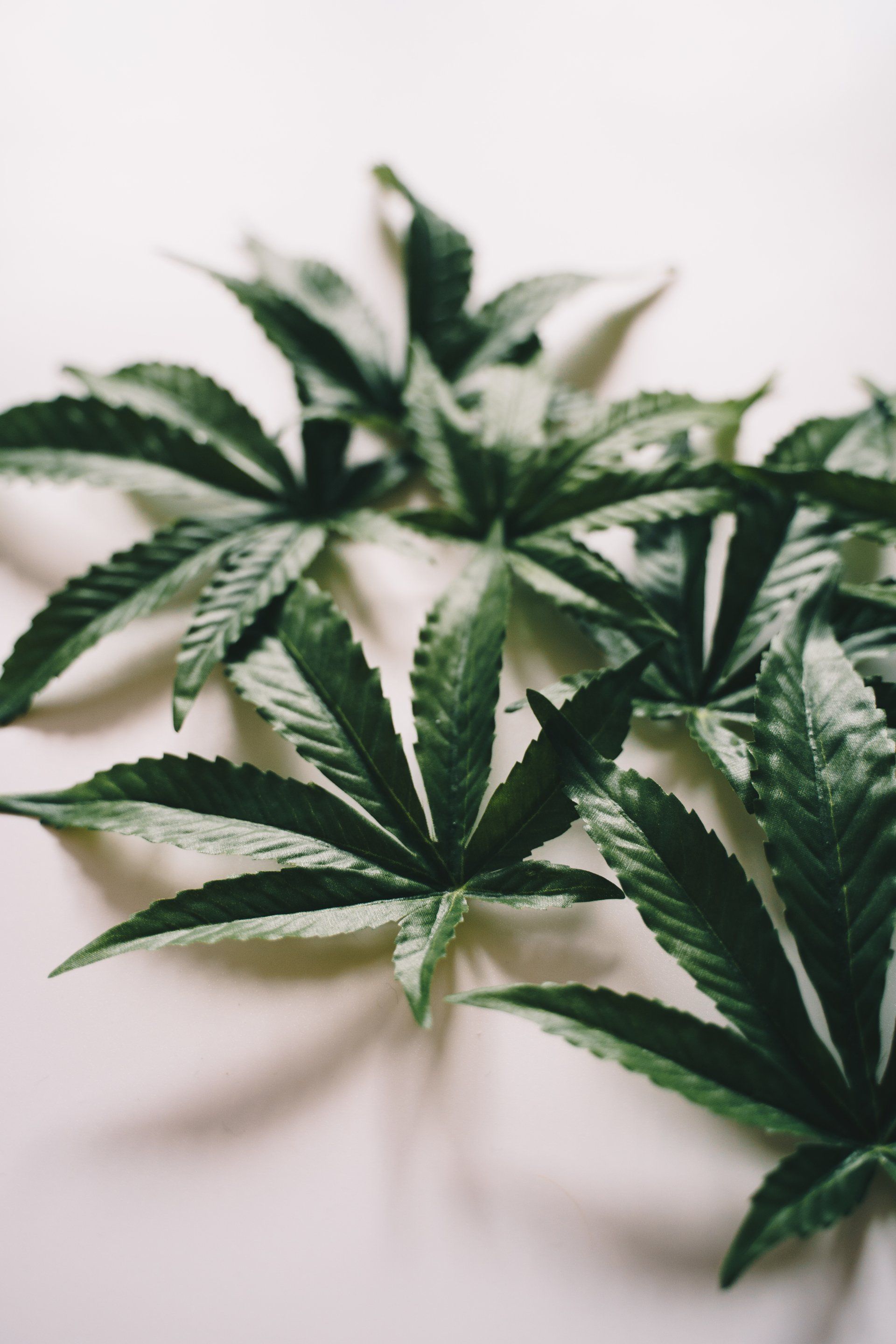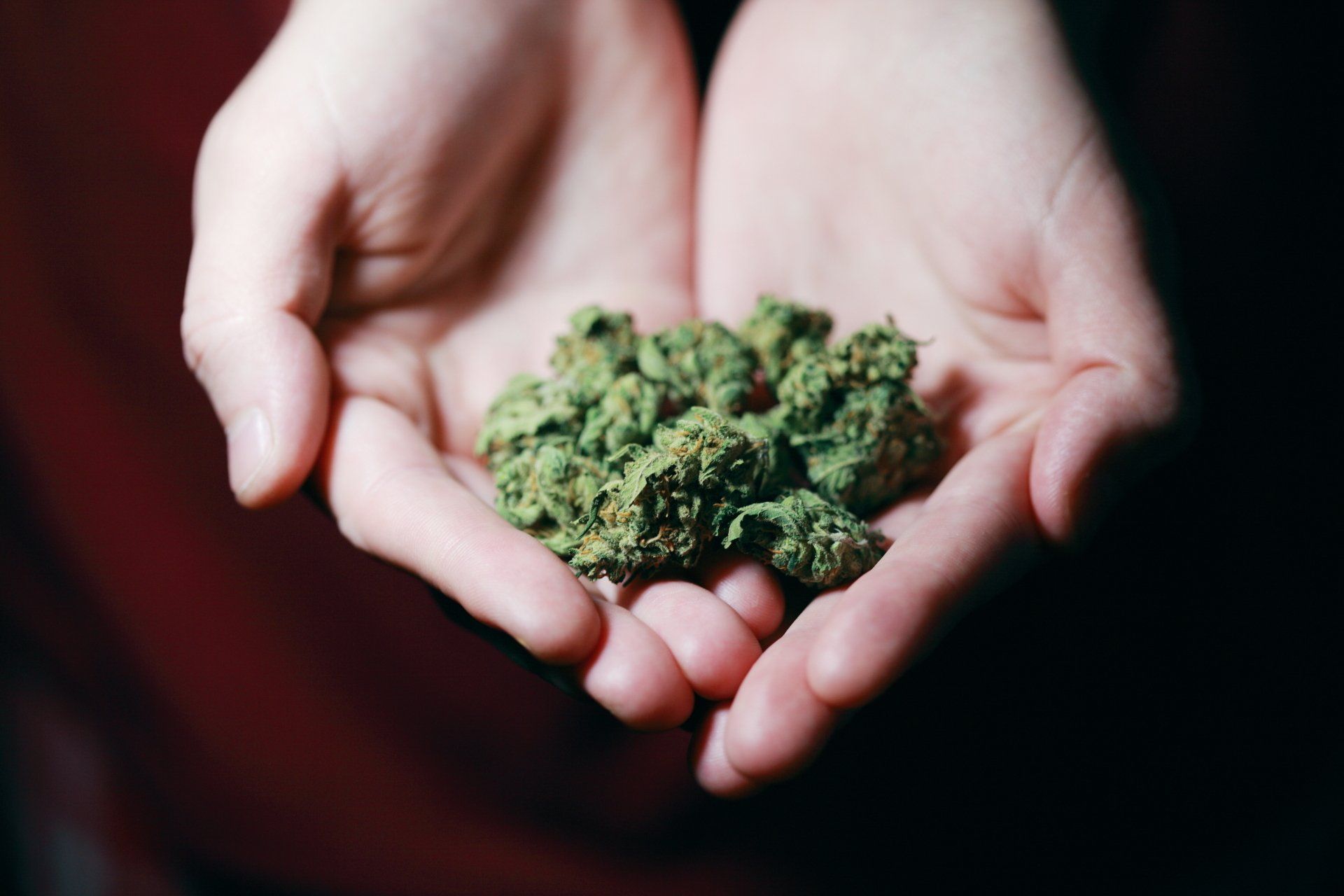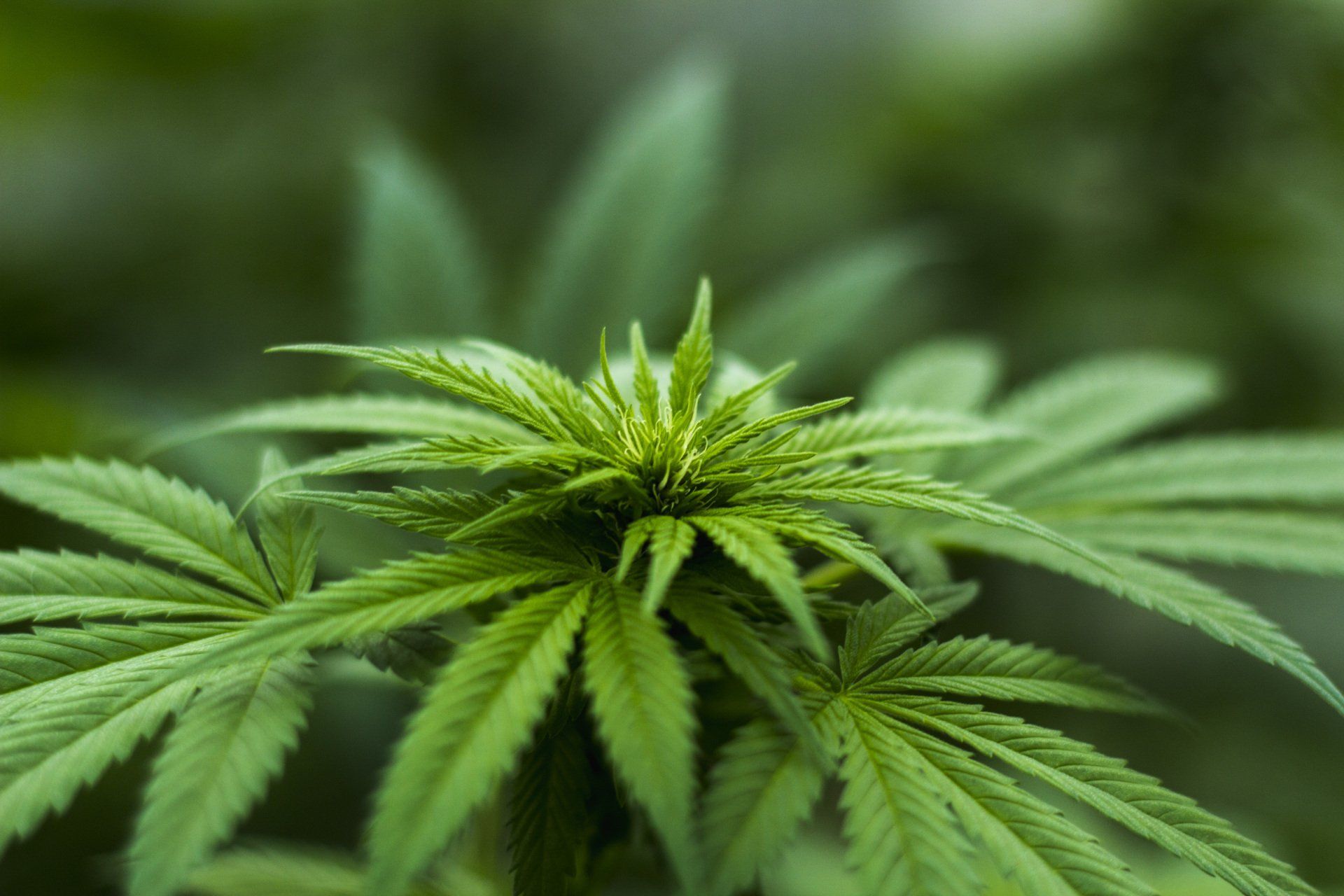Cannabis – To legalise or not to legalise?
Will legalising cannabis offer the public freedom of choice and take it away from the hands of criminals, or will it be a public health disaster as teenagers see us adults giving them the green light to use it, at a time when science has proved cannabis can cause very serious damage to the brains of teenagers? I hope this blog will help the debate move forward.
As countries worldwide relax their laws on recreational cannabis use and big businesses snap at the heels of governments to legalise cannabis, the pressure is on for the UK to liberalise its cannabis laws. Increasing numbers of countries have decriminalised cannabis, and an even greater number have legalised it for medical use, including the UK (2018). Sadiq Khan, the Mayor of London, has recently announced the setting up of a Commission to look at the issue, so it could be only a matter of time before the political tide turns in the UK.
The pros and cons of legalising cannabis
Arguments for legalisation
There are compelling arguments on both sides of the debate. Supporters of cannabis argue that it is safer than alcohol which, according to NHS digital, was linked to 358,000 hospital admissions in 2018. The numbers adversely affected by cannabis are, it is argued, tiny compared to alcohol. Legalising cannabis takes it out of the hands of criminals and helps reduce exposure to the more potent strains of cannabis, which harms the brains of young teenagers. The 2.6 million people who use cannabis yearly demonstrate that prohibition is not working.
Arguments against
Those against relaxing the law on Cannabis argue it would give the green light to teenagers, which scientists have shown are at greater risk of cannabis-induced mental illness, including psychosis. Therefore, to condone a substance that we know can damage young people’s brains would be irresponsible. Studies have shown that cannabis can reduce students academic performance leading to poorer exam results and dropping out of school and college. Studies have also shown that cannabis use can affect an individual's career prospects - earning less than their peers who don't use cannabis. It can affect some individual’s ability to form long-term relationships and is associated with a more unstable and chaotic lifestyles. According to the US National Institute on Drug Abuse and many other reports worldwide, cannabis is now accepted as a gateway drug and can lead to addiction.
Legalisation – how effective has it been abroad?
To help develop the debate on this controversial subject, where better to look than those countries that have already legalised cannabis for recreational and medical use. These countries have created a large cannabis experiment, which offers the rest of the world an opportunity to observe and learn from their experiences. Some studies have already taken place in many of these countries, and, although it is still early days, they show some important trends.
What the Studies Show.
In October 2019, 'The Lancet' published a paper called: 'Public Health Implications of legalising the Production and Sale of Cannabis for Medical and Recreational Use'. This paper is very comprehensive. It looks at various studies in countries that have legalised cannabis. The paper points out that legalisation is at an early stage, but all the same, it reports on some very important findings.
One of the key findings is that adult use of cannabis appears to have increased since legalisation. Adolescent use has stayed much the same, although one worrying trend shows that the 'perceived' risk of cannabis for people under 21 has increased. This backs up the concerns of those who said that legalising cannabis would send the wrong message to teenagers. The paper also identifies surveys showing that some individuals have reported increased dependency and mental health issues. In some US states, road crash fatalities linked to high levels of THC have increased after legalisation.
The US Journal of Addiction' published a study in February 2016 entitled: 'What we know about the impact of laws related to marijuana' by Maxwell & Mendleson. It reported on post legalisation in Denver and Seattle, cities that legalised cannabis in 2012. They found an increase in hospital admission to emergency departments and calls for help to drug centres related to cannabis following legalisation. They also reported that cannabis-related arrests were down, but an increase in the level of illegal trafficking of cannabis between US states.
Oregon legalised cannabis in 2014. A report by the Oregon Health Authority in 2016: 'Marijuana attitudes and health effects in Oregon' reported that more youths in Oregon use cannabis than smoke tobacco (10% of 12 to 13-year-olds and 19% of 15 to16-year-olds). So, is it any wonder that calls from teenagers to helplines have increased?
Another revealing report from Oregon Health Authority: 'Oregon Medical Marijuana Program Operations and Compliance Assessment May 2018'. This report highlights insufficient funding and staffing resources to meet the demands of robust regulation, and "Inspection did not keep pace with applications".
Looking through a few blogs, cannabis users are still using the 'illegal market' because it is stronger and more potent than legal products. Also, there were not enough 'legal' outlets to obtain cannabis. This is something that users in other countries who have legalised cannabis have complained about.
Another useful paper, published by the Society for the Study of Addiction: 'Evaluating the Public Health Impacts of Legalising Recreational Cannabis Use in the United States' by W Hall and M Lynskey, appears to back up concerns raised in other studies. The report found:
Legalisation of recreational marijuana will probably increase in the long term, but the magnitude and timing of any increase are uncertain. It will be critical to monitor: cannabis use in household and high school surveys, cannabis sales; the number of cannabis plants legally produced; and the tetrahydrocannabinol (THC) content of cannabis. Indicators of cannabis-related harms that should be monitored include car crash fatalities and injuries; emergency department presentations; presentations to addiction treatment services; and the prevalence of regular cannabis use among young people in mental health services and the criminal justice system'.
This report is important as it highlights the need to monitor the legislation, which is going to require substantial investment by legislators.
The way cannabis is supplied in countries that have legalised is fast developing into a major issue and presents some real challenges to legislators. The 'Transform Drugs and policy Foundation'- a charity based in Bristol in the UK, made some very interesting observations in their report: 'Cannabis Legalisation in Canada - One Year On'. The report points out that the Canadian approach has been criticised for creating barriers to entry for smaller enterprises because of the requirement of major production investment before they can obtain a licence, thereby favouring the larger corporate companies who now dominate the market. The report goes on to highlight how large investment organisations are moving into the cannabis market in other parts of the world.
Further afield, the emergence of multi-billion-dollar cannabis corporations has led to accusations of predatory activities in emerging cannabis markets in low and middle-income countries. In Colombia, for example, Canadian companies currently represent 85% of total investment in the emerging medical cannabis market. Local farmers have expressed concerns about both environmental impacts marginalised from decision making. Canadian venture capital has been similarly prominent in emerging cannabis markets in Mexico, Jamaica, Lesotho and elsewhere.
I fear that the good intention of legislators to liberalise and control the supply and use of drugs, such as cannabis, could be undermined by the single-minded greed of some Corporations and Venture Capitalists.
The wider issues of illegal drugs
Cannabis is part of the wider issue of illegal drugs, which is a major international problem. The United Nations Office of Drugs and Crime estimates that the illegal drugs industry is worth $435 billion each year and accounts for 5O% of all international crimes. It was the US President, Richard Nixon, who, back in the 1970s, declared a 'War on Drugs'; that war has clearly been lost. Drugs have become a dreadful scourge, wrecking people's lives and causing havoc to families. According to the 2017 'HM Government drugs Strategy', the social and economic cost of drugs is, costing £10.7 billion annually, £6 billion for theft alone. Cannabis is a part of this huge problem and cannot be separated from it; even if you legalise cannabis, it will still not stop individuals from getting hooked on it and moving on to harder drugs such as heroin.
Legalising cannabis must be seen in the context of the wider struggle to tackle illegal drugs and the impact it is having on all of us – especially if you live in a neglected, run-down inner-city. We can not bury our heads in the sand and leave it to future generations to sort out. We are yesterday's future generations, so we must act.
So how do we tackle this huge problem?
We know drug-taking is linked to a complex web of social and economic factors: parenting, poverty, unemployment, mental health, genetic makeup, and peer pressure, to name a few. Many brilliant programs are already trying to tackle these social issues - mostly woefully under-funded, but they are there. We need to build on what we know works: Prevention programs, Improved social care, and Effective regulation. Let's first look at the role of prevention.
Prevention – pulling it up by the roots.
One area that needs far more recognition is prevention programs, which have proved to be highly effective in the past in changing public behaviour. Take smoking; according to the government's own figures, In the 1950s, over 70% of men smoked cigarettes; today, it's around 15%. This is a result of a well-funded and sustained health education program over decades. Confronting cancer and mental illness and the spread of covid are all areas where well-funded and sustained health education programs have been proved successful in helping to, change people behaviour and saving lives – substance misuse is no different. Indeed, we have already seen a very successful cannabis awareness campaign that helped to reduce the use of cannabis substantially.
In 2003 the then labour government set up a brilliant campaign, 'Talk to Frank', which targeted young people about cannabis. The government developed an excellent website and produced adverts at cinemas, TV and on the radio. It also produced information packs for schools and colleges. When the campaign was launched in 2003, cannabis use was at an all-time high, with around 32% of adults admitting to using cannabis. In less than eight years, cannabis use went down to 16%. But then the new Tory Government substantially cut the Frank budget, under their austerity program and, surprise, surprise, cannabis use 'flat lined' and started to increase; by 2018, it had risen to 20% and is sadly still rising amongst teenagers.
The starting point for the government to tackle the increasing problem of cannabis use amongst teenagers is to refund the Frank campaign and extend it. This should include encouraging parents to talk about cannabis and drugs to their children by well-funded public information programs, backed up with cannabis awareness programs at schools, colleges, and universities, all of which should be working with parents when they identify a vulnerable student.
Just to remind why we should focus on cannabis is because it is a 'Gateway' drug to 'harder' drugs, as previously mentioned. So, by tackling cannabis, we will be making a start at pulling this social scourge up at the 'roots,’ at the point most people are introduced to the pathway to dangerous drugs. It may take a generation or more, but I am convinced we can reverse this terrible blight on society and eventually for it to become a subject that future generations only read about in history books.
Improving Health and Social Care
We now know that cannabis can harm people's health, so if the state endorses its use by legalising it, it will need to take responsibility for those harmed by its use, especially vulnerable young teenagers.
The government will need to increase its investment in funding treatment programmes, family support, social housing, rehabilitation programs and sheltered employment. They will need to make talking therapy, and other psychological therapies more readily available and invest in more Community Support Workers, Community Psychiatric Nurses, and Psychiatrists. Without such a commitment, it would be totally immoral to legalise a substance knowing it will do harm and not mitigate against that harm. Failure to invest in social and health care, will in the long term cosy society dearly.
Regulation
It will be essential to have very robust regulations backed up by the law and, above all, the resources to monitor that regulation. The Government must oversee the growing, distribution, and sale of cannabis and cannabis extracts through very controlled licence arrangements. We cannot leave this to the hands of large corporations to play market forces with such a potentially dangerous substance; market forces cannot be trusted when, understandable, their prime motivation is to maximise profits for their shareholders. Of course, we will need the private sector, but it should be limited to a small number of commercial companies strictly licensed to grow and sell cannabis.
The potency of cannabis should be tightly controlled with a limit on the levels of THC. Claims made by companies about its health benefits must be fully backed up with published research and agreed upon by government scientific advisers. There needs to be an age limit to use cannabis - possibly 21 - bearing in mind the damage THC can cause to developing brains. The tax revenue from the sale of cannabis should be used to fund prevention programmes and funding the associated Health and Social Care needs.
The way forward
So, should cannabis be legalised? Well, not until the government can put in place the steps I have described - steps that we know will help reduce the impact cannabis will have on young people. The public health of our citizens must be at the centre of any legislation to legalise cannabis or indeed any drug.
Those who bulk at further public investment need to be reminded that such investments will, in the long term, save billions in social and economic expenditure and will lead to healthier communities and communities that feel much safer.
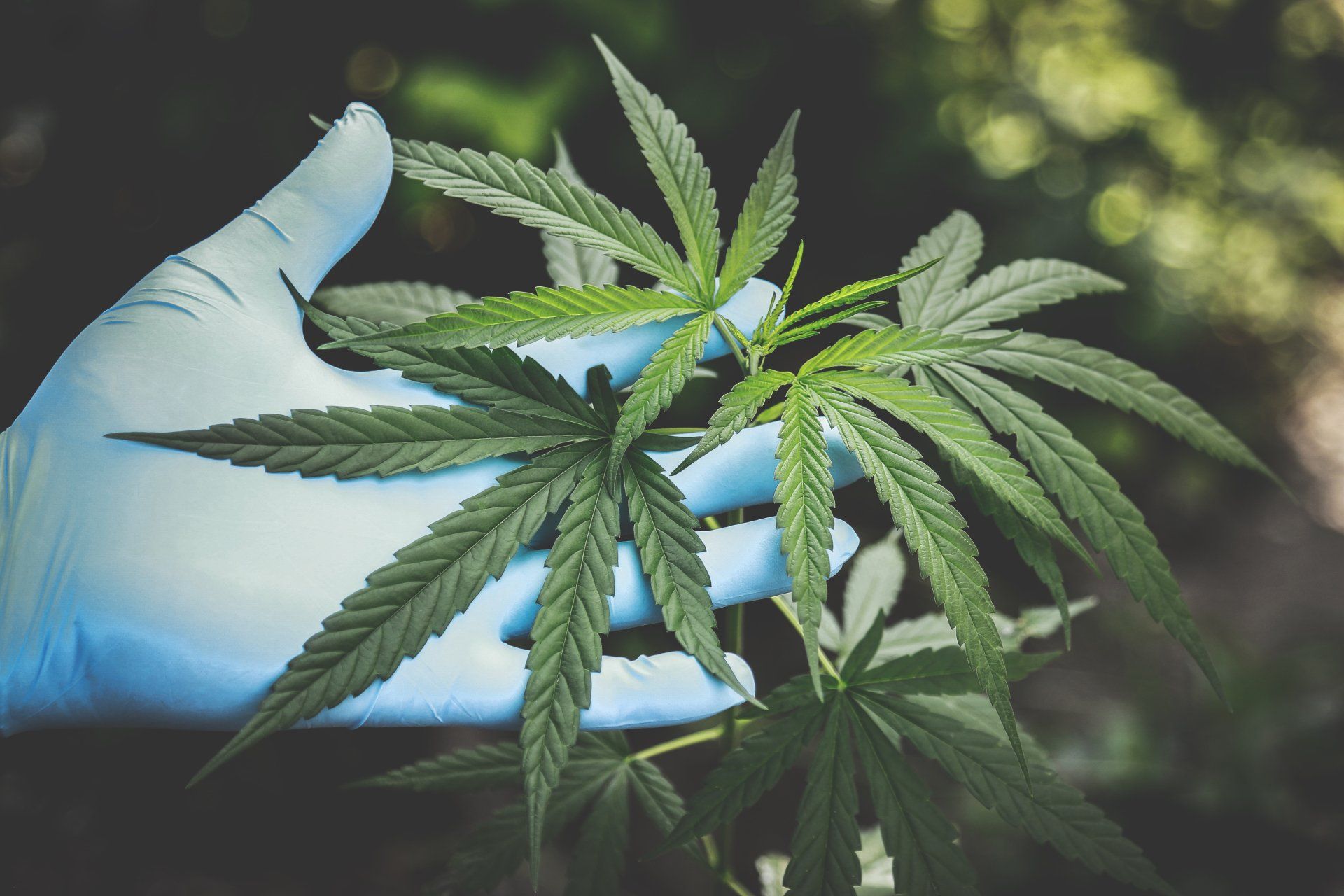
New book explores the ticking time bomb of cannabis and its impact on the mental health of teenagers
